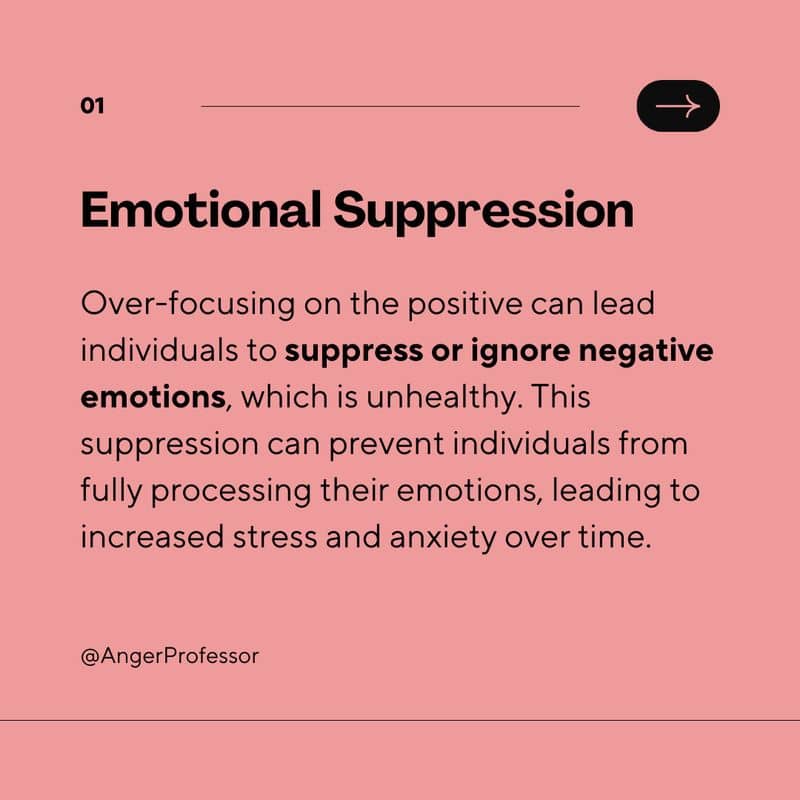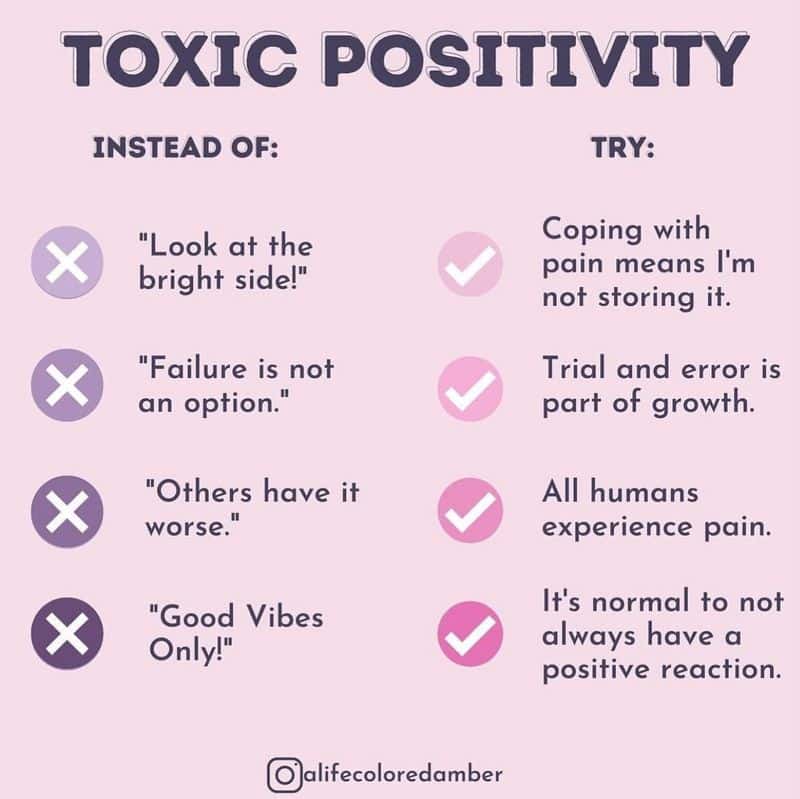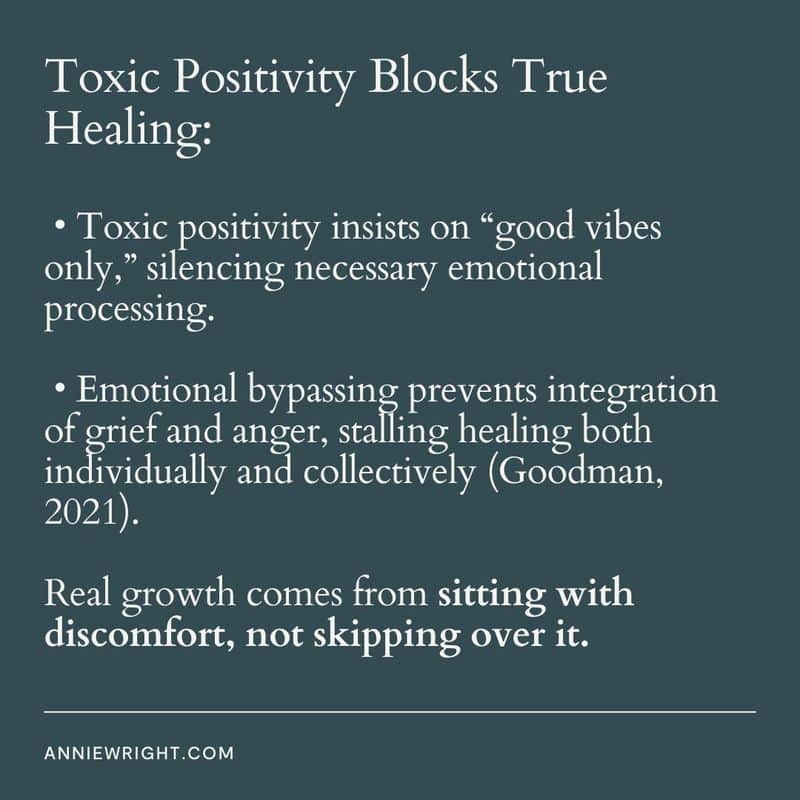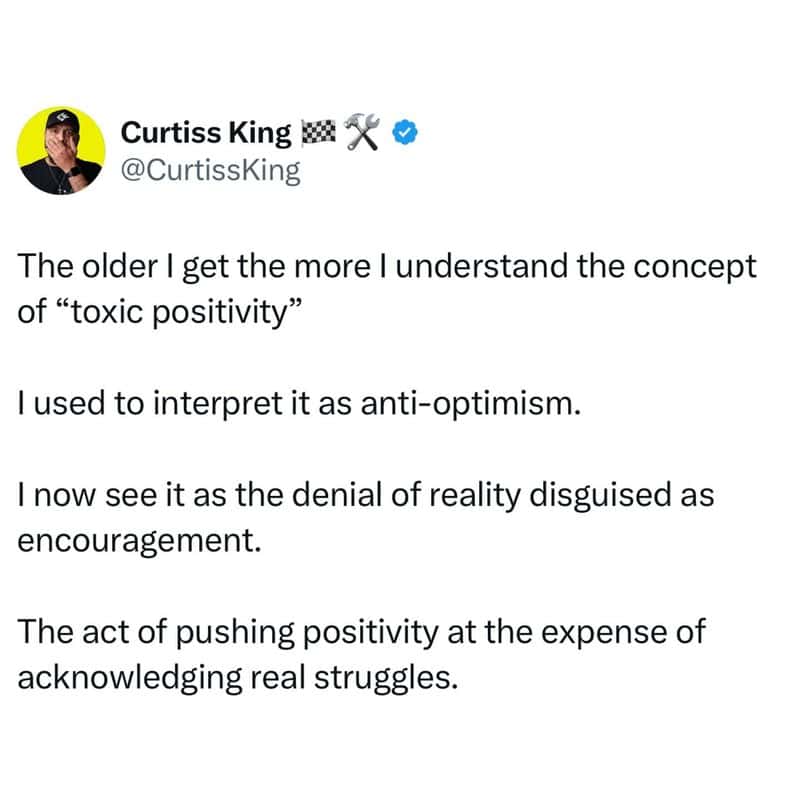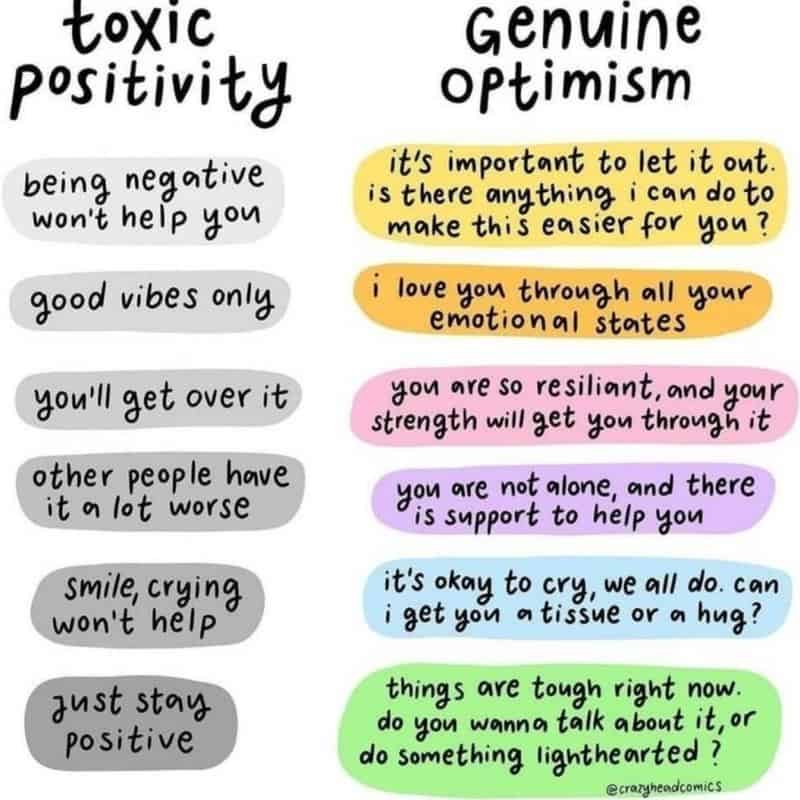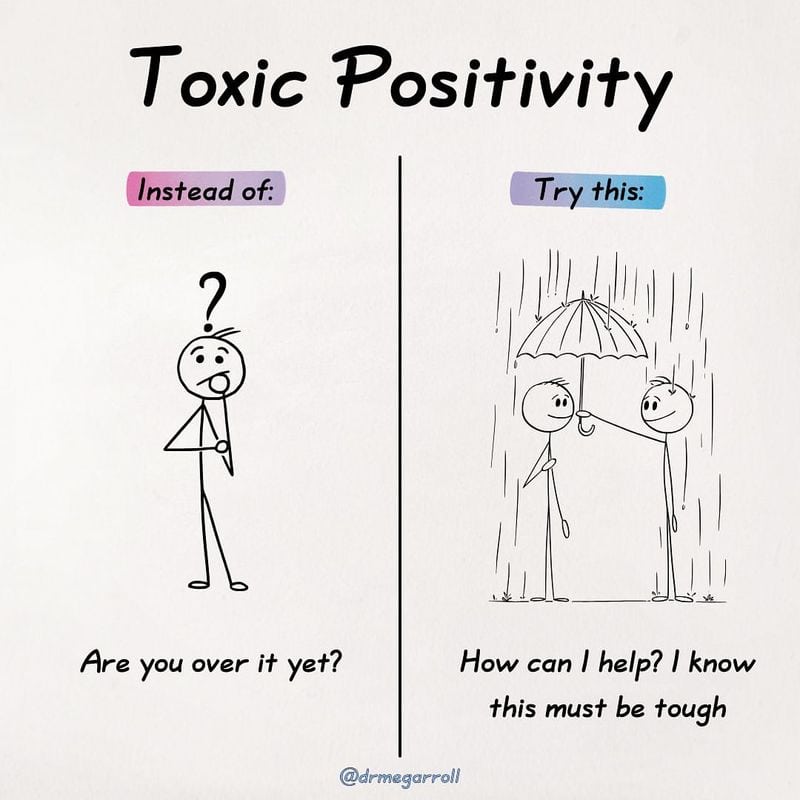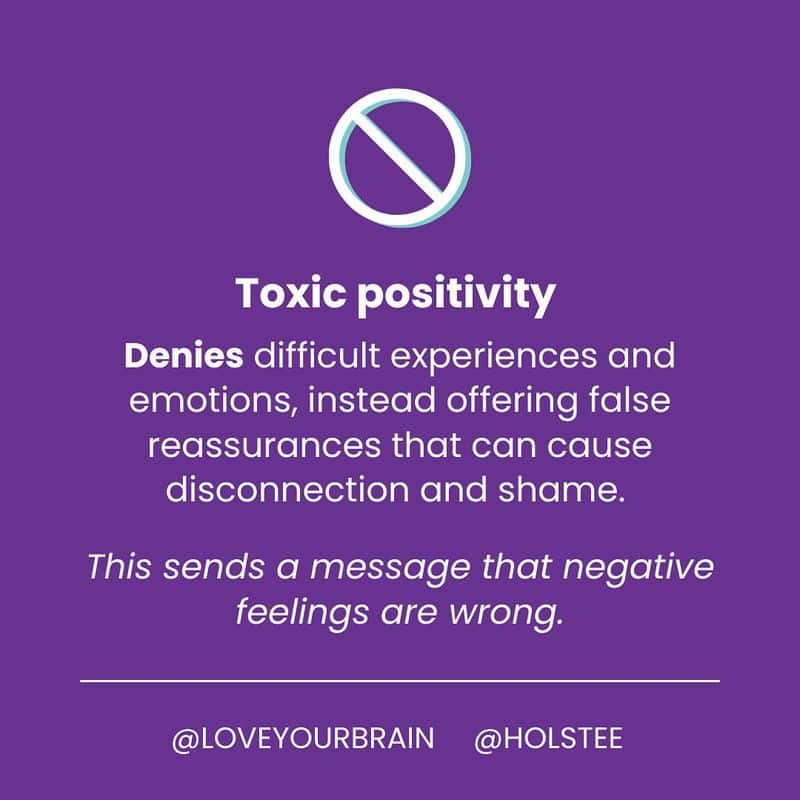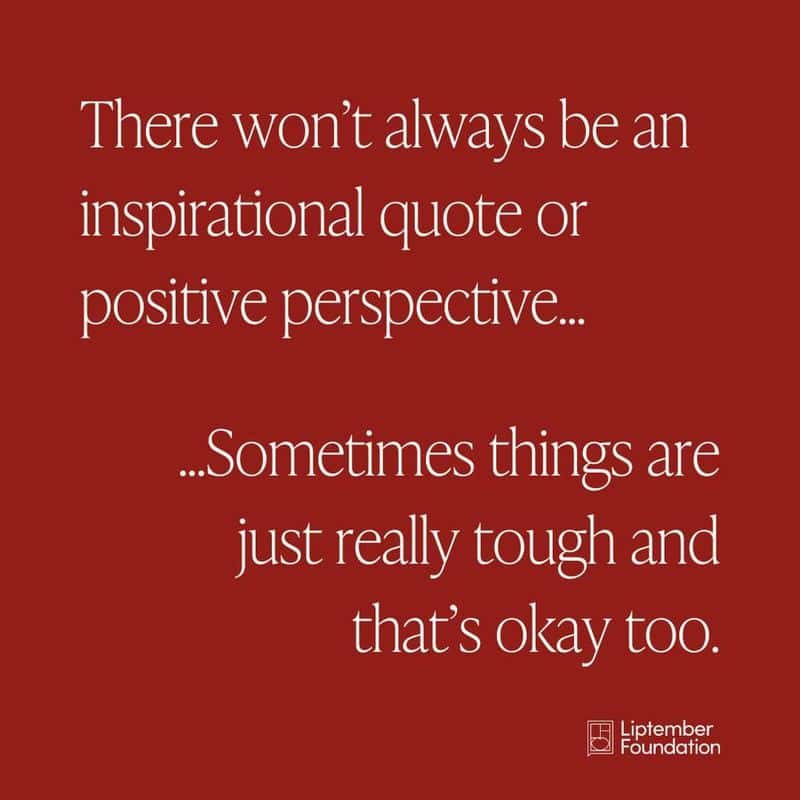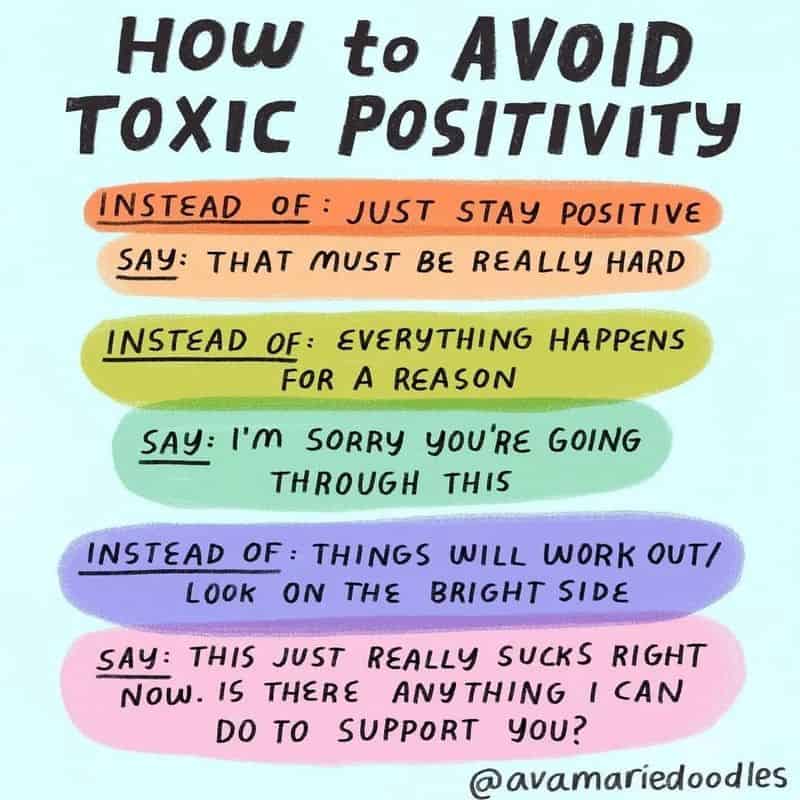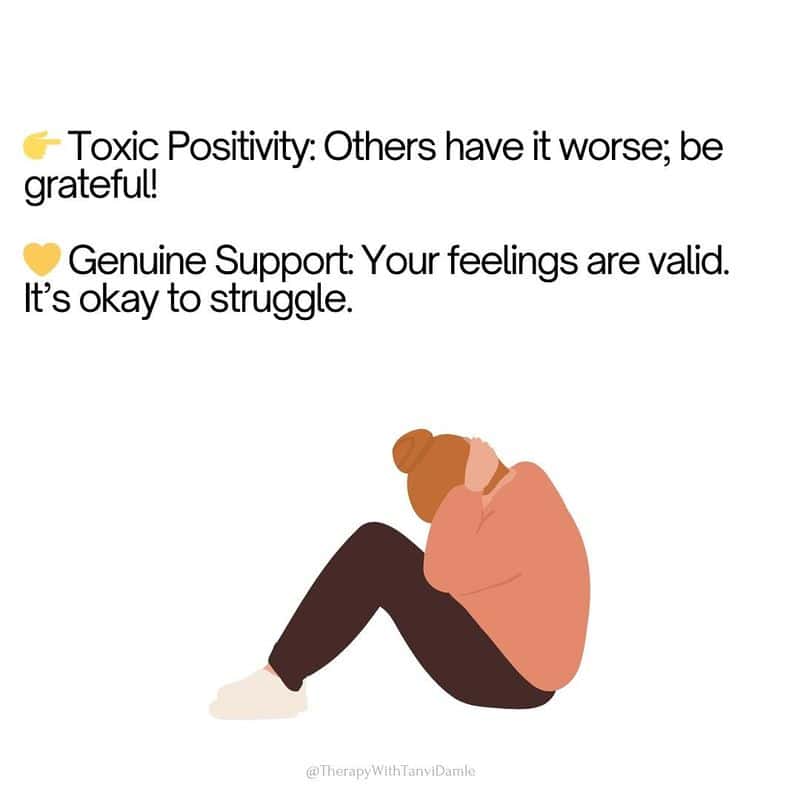Ever been told to “just think positive” when you’re feeling down? That’s toxic positivity – the pressure to maintain an upbeat attitude no matter what life throws at you.
While optimism has its place, forcing happiness can actually harm your mental health and personal growth.
Understanding how this relentless cheerfulness holds you back might be the first step toward authentic emotional wellness.
1. Emotion Bottling Factory
Pushing real feelings aside creates an internal pressure cooker. When you constantly tell yourself “good vibes only,” those suppressed emotions don’t actually disappear—they simmer beneath the surface, growing stronger.
Over time, this emotional backlog can erupt in unexpected ways: sudden outbursts, physical symptoms like headaches, or complete emotional shutdown. Your body keeps score even when your mind pretends everything’s fine.
Learning to acknowledge all emotions—even uncomfortable ones—provides the release valve needed for genuine emotional health.
2. Relationship Roadblocks
Friendships and partnerships thrive on authenticity, not performative happiness. When you respond to a friend’s struggles with dismissive positivity like “everything happens for a reason,” you’re actually building walls instead of bridges.
These walls prevent meaningful connection. People stop sharing their true experiences when they fear being met with toxic cheerfulness instead of genuine understanding.
The strongest relationships make space for the full spectrum of human emotions—joy and pain alike. Acknowledging someone’s difficult feelings without rushing to silver-line them creates the trust necessary for real intimacy.
3. Growth Opportunity Blindness
Life’s challenges contain hidden lessons that forced positivity might cause you to miss entirely. Pain, failure, and disappointment—while uncomfortable—are powerful teachers that shape your character and wisdom.
Consider how athletes analyze losses to improve performance. They don’t pretend the defeat didn’t hurt; they use that experience to grow stronger. Similarly, emotional difficulties provide feedback for personal development.
When you rush past negative experiences with artificial cheerfulness, you rob yourself of these growth opportunities. True resilience comes from working through difficulties, not pretending they don’t exist.
4. Reality Check Avoidance
Rose-colored glasses might make the view prettier, but they won’t help you navigate real obstacles. Mandatory optimism can lead to poor decision-making when you ignore warning signs or fail to prepare for potential problems.
Think about someone who refuses to consider the risks of a business venture because they’re “staying positive.” This mindset leaves them vulnerable to preventable setbacks.
Healthy planning requires acknowledging both opportunities and challenges. Facing reality—with its mix of positive and negative aspects—allows you to create contingency plans and set realistic expectations for yourself and others.
5. Authenticity Sacrifice
Maintaining a perpetual smile takes tremendous energy and creates a gap between your public persona and private reality. This disconnect from your true self can lead to a confusing sense of identity loss over time.
Many people describe feeling like imposters when they’ve spent years performing happiness. They wonder who they really are beneath the cheerful mask they’ve worn for so long.
Genuine self-acceptance means embracing your complete emotional landscape—the sunny meadows and stormy seas alike. Your authentic self includes moments of doubt, fear, and sadness alongside joy, and that wholeness is actually more beautiful than perfectionism.
6. Compassion Fatigue Acceleration
Forced cheerfulness doesn’t just affect you—it can damage your ability to empathize with others. When you’ve trained yourself to dismiss negative emotions, you might unconsciously extend that dismissal to people experiencing genuine suffering.
Healthcare professionals recognize this phenomenon as compassion fatigue. The constant pressure to maintain positivity depletes your emotional reserves, making it harder to connect with others’ pain.
True empathy requires acknowledging suffering without immediately trying to fix or brighten it. By allowing yourself to feel difficult emotions, you develop the emotional vocabulary needed to support others through their darkest moments.
7. Shame Spiral Generator
“Good vibes only” creates an impossible standard that nobody—not even the most optimistic person—can maintain forever. When negative emotions inevitably arise, toxic positivity adds an extra burden: shame about feeling bad in the first place.
This creates a destructive cycle. You feel sad, then feel guilty about feeling sad, which makes you feel worse. Many people describe this as “feeling bad about feeling bad.”
Breaking this cycle starts with normalizing the full range of emotions. Sadness, anger, and fear aren’t character flaws—they’re natural responses to life’s complexities that deserve acknowledgment rather than judgment.
8. Physical Health Underminer
Your mind and body are deeply connected, and emotional suppression takes a physical toll. Research shows that people who regularly deny their negative feelings experience more inflammation, digestive issues, and compromised immune function.
The constant vigilance required to maintain positivity creates chronic stress. Your body remains in fight-or-flight mode, releasing cortisol and adrenaline that damage organs and tissues over time.
Paradoxically, acknowledging difficult emotions actually reduces their physical impact. When you allow yourself to process feelings naturally, your body can return to homeostasis instead of remaining in a state of perpetual alert.
9. Support-Seeking Barriers
The “positive vibes” mentality often prevents people from reaching out when they genuinely need help. After all, if you’re supposed to handle everything with a smile, admitting you’re struggling feels like failure.
Many individuals report delaying therapy or other support because they believed they should be able to positive-think their way through problems. This postponement often allows issues to worsen unnecessarily.
Recognizing when you need assistance is actually a sign of wisdom, not weakness. Humans evolved as social creatures who rely on community support during difficult times—there’s nothing unnatural about needing others.
10. Gratitude Distortion
Authentic gratitude can be powerfully healing, but toxic positivity twists this practice into something harmful. When you force yourself to feel grateful during genuine hardship, you’re not practicing gratitude—you’re engaging in emotional invalidation.
Someone might say, “At least you have a job” when you express work frustration, or “Look on the bright side” after a significant loss. These statements don’t cultivate true appreciation; they shut down legitimate feelings.
Genuine gratitude coexists with difficulty rather than replacing it. You can simultaneously acknowledge that something is painful AND find things to appreciate—this balanced perspective fosters resilience without denying reality.


